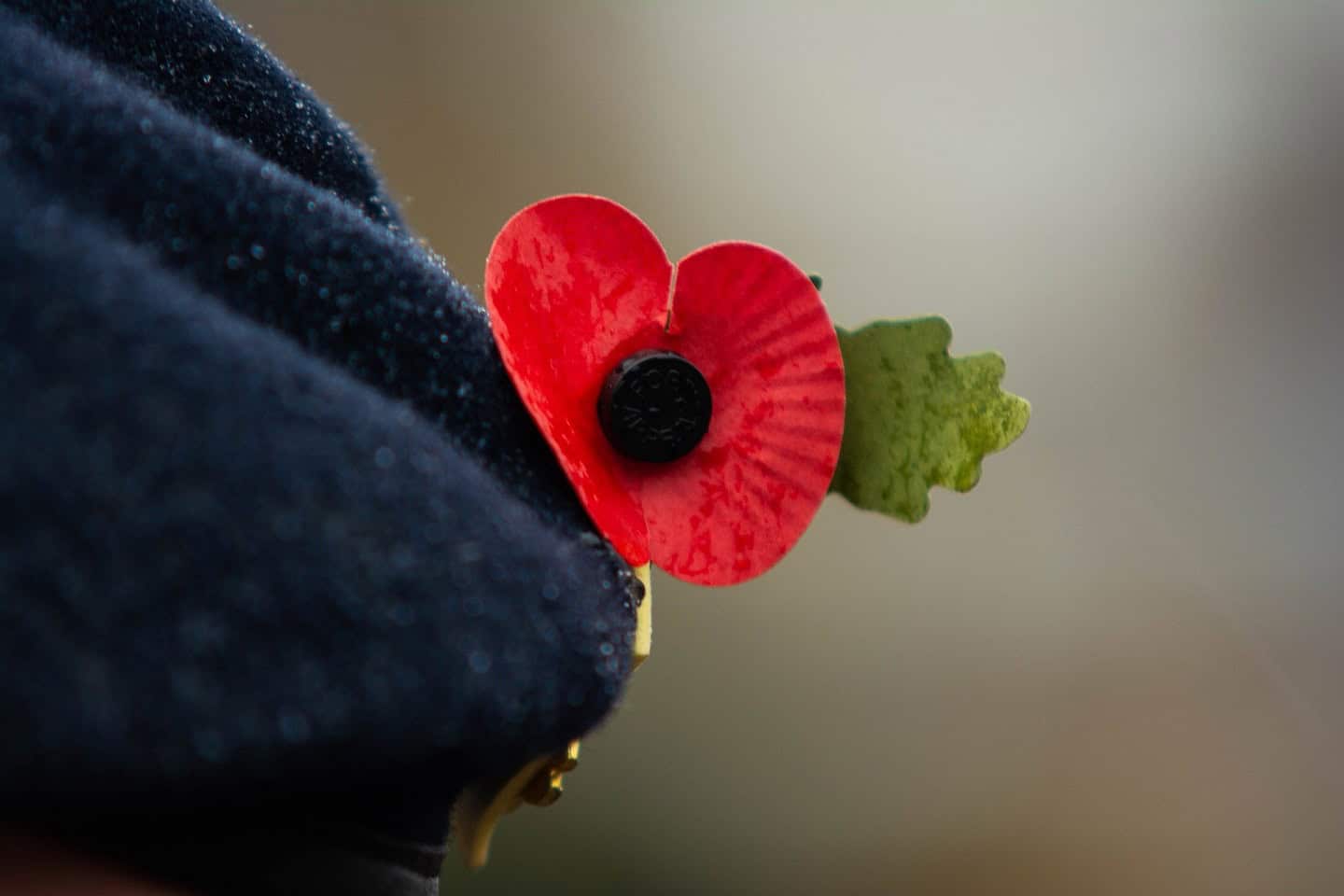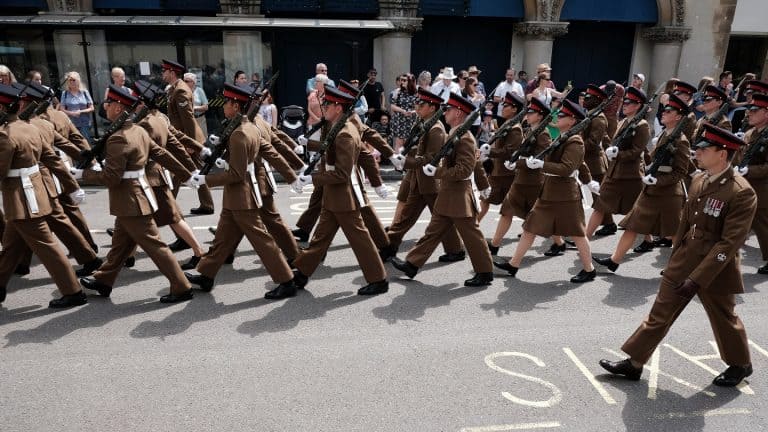
What is harassment and what can I do about it?
This week marks 110 years since the first gathering held on account of International Women’s Day. The International Women’s Day theme this year is to #choosetochallenge, with the emphasis on the stigma associated with the challenge to call out gender bias and inequality. But what exactly does this mean? It means a number of things for women, but it has the intention of highlighting the importance of women living in a world with an equal future, free of bullying, harassment, abuse and discrimination.
So there is no time like the present to revisit the topic of harassment, which despite developments and an increased awareness, is still occurring in the Armed Forces.
In 2019 Salute Her, a charity that helps empower veterans, spoke to 100 women veterans and found that 85% felt they had been treated differently to their male counterparts. In addition, 52% had been sexually assaulted whilst 26% reported that they were physically assaulted. During this study powerful quotes were collected from some of the women, including:
‘It felt like being a woman was holding me back’
‘All groups are male dominated and do not accept women’
‘Men would make jokes about us all the time, asking if we were on our ‘blob’’
According to MP Sarah Atherton, who is also a British Army veteran, for the fourth year in a row, 20% of all service complaints are by women and that’s considered very high given that women make up just 12% of the British Army. The majority of complaints are around bullying, harassment and discrimination.
In 2019 the Wigston review was produced following repeated allegations of unacceptable and unlawful behaviour by serving members of the Armed Forces. It was highlighted that 82.1% of the victims of sexual offences were female, the women were almost always JNCO or below or civilian. The Wigston review proposed 36 recommendations to reduce instances of unacceptable behaviour and better support for people. The progress review released in December 2020 highlighted it is still difficult to raise issues. It stated the Defence is still white and male dominated which makes it difficult for people who have never experienced unacceptable behaviour personally to understand how it feels – or even to recognise it.
In my blog I am taking a closer look at what harassment is.
What is harassment?
Harassment can take many forms and legally there is no precise definition. Generally it involves being subjected to oppressive and unreasonable behaviour. In general it is behaviour which causes alarm or distress and which places a person in fear of violence. Examples of this behaviour might include:
- Unwelcome sexual attention or comments
- Racial insults.
- Threats of violence
- ‘Environmental’ harassment such as the open display of pornographic material
- Making fun of the way someone looks or speaks
- Excluding someone from group activities
- Forcing someone to do something against their will e.g. initiation ceremonies
- Spreading rumours about someone
- Career fouling and preparing bad reports and appraisals about a subordinate
- Deliberately setting someone up to fail by giving them unrealistic targets or deadlines
- Publicly undermining someone’s authority
- Victimising someone for making a complaint
Where can I get help?
If you have suffered harassment during your military service, the following options are available to you:
- You can report the harassment to the police
- You can speak to your Chain of Command and raise your concerns informally
- You making a more formal service complaint. See my colleague’s blog here on how to follow that process
- There are a number of charities which can provide you with advice and support, including:
-
-
- Forward Assist
- Salute Her
- Victim Support
- Confidential helplines – for example Speak Out and Speak Safe
- SSAFA
-
Can I claim compensation?
Yes, if you have suffered with stress or any injury then you can make a claim for compensation. Where the harassment has affected your career, or in serious cases resulted in the end of your career, you should be able to claim for all of your lost income, benefits and pension.
You may also be entitled to compensation under the Criminal Injuries Compensation Authority scheme and the Armed Forces Compensation Scheme.
If you have suffered harassment and would like to consider pursuing a civil claim, Bolt Burdon Kemp can help. Strict time limits can apply to civil claims, so it’s best that you get advice as soon as possible. If you have suffered harassment and would like to have some free advice, without any obligation, then please contact us here.
Before I leave you with this blog to consider, it is important to remember that you are not alone. If you need help or advice it is ok to ask or find someone who can guide or assist you. Harassment can be extremely distressing and emotional support is a key part in the path to recovery. Here at BBK we have experience in supporting victims who have experienced harassment.










